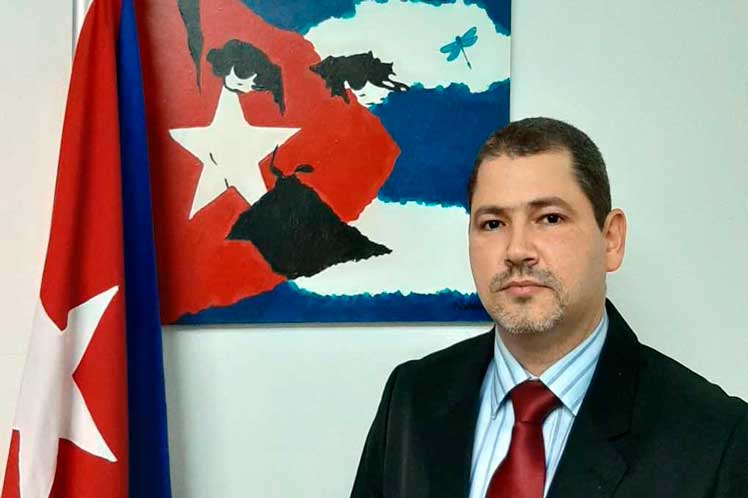Regarding a debate on the annual report presented by UN High Commissioner for Human Rights, Michelle Bachelet, the Cuban ambassador insisted at the 47th session of the Congress that its work has to be marked by impartiality and universality when addressing this issue.
It would be of great value if the Office of the High Commissioner would share how it is working to implement these principles in its day-to-day activities, both in its internal operations and in its projection to the rest of the United Nations system and in its relations with the Member States.
Cuba, through its ambassador here, expressed concern about the actions carried out under the so-called prevention agenda, which it considered very susceptible to the phenomena of politicization and selectivity, and also to the dependence, to a large extent, on the political interests and financing of developed countries. Countries such as Venezuela, Nicaragua, Syria and Belarus have been targeted in recent debates for human rights manipulation and selectivity in line with regime change plans against their governments.
At the Council, Quintanilla ratified Cuba’s commitment to the promotion and protection of human rights, and its firm willingness to continue working for a respectful dialogue and cooperation with the Office of the High Commissioner, and with human rights mechanisms of universal and non-discriminatory implementation.
ef/aph/mgt/wmr









